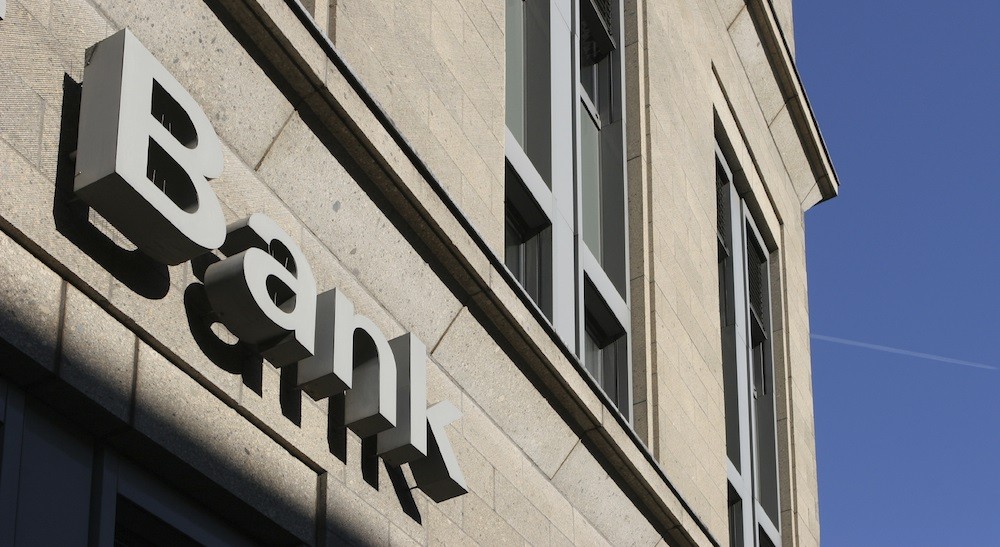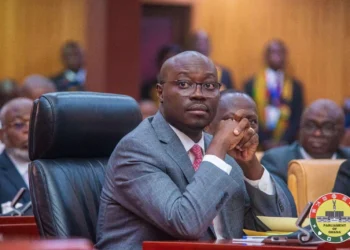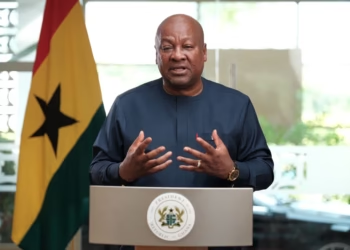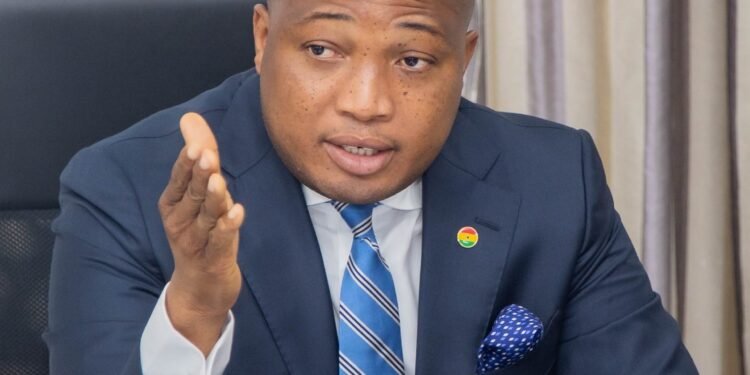The government’s plans to borrow in the first quarter of the year 2021 could result in the crowding out of the private sector keeping interest rates at which banks lend to individuals and businesses unchanged for a while.
Courage Martey, an Economist with Databank raised such concerns after the Ministry of Finance revealed the governments’ intentions to borrow approximately GH¢22.35 billion in the first three months of the year ending March 2021 to meet its financing requirements through the sale of securities.
“Government needs to do quite an amount of borrowing on the domestic market. And with those capital being [piled] up towards the government treasuries, it is going to compete or outcompete the private sector”.
Although, the government indicates that these securities including treasury bills and bonds are issued for many reasons including the financing of its transactions, to redeem maturing debts, to cover budget deficits, for liability management, as well as for the development of the Ghana financial markets, when the Government of Ghana increases its borrowing, the sheer scale of this borrowing can lead to substantial rises in the real interest rate, which has the effect of absorbing the economy’s lending capacity and as such discouraging businesses from making capital investments.
Additionally, because the government is being recognized as a safer borrower compared to the private sector, banks and other financial institutions will prefer to lend to the government and that could also crowd out the private sectors’ access to loanable funds to the detriment of various businesses in the Ghanaian economy, which will mean that “lending rates might not change in favour of the private sector in the very short term especially when the policy rate has not signalled otherwise,” Mr. Martey remarked.
The Databank Economist further asserted that with all these happenings he is very concerned that lending rates in the short term will not see a reduction, even though, multiple business groups such as the Ghana Union of Traders Association (GUTA) have been calling for a reduction in the cost of credit to enable them to be competitive in the sub-region as trading under the African Continental Free Trade Area (AfCFTA) commenced officially on January 1, 2021.

“We are going to compete with other African countries, and it’s going to be very competitive especially when we have been talking about the cost of doing business here, in terms of borrowing. The cost of borrowing is very high and so, if we do not do anything about that aspect, it means that we are going to be outdone by the other African countries who have affordable credit,” Dr. Joseph Obeng, the President of GUTA whined.
Also, 67 percent of the respondents in a survey conducted by the Ghana Statistical Service (GSS) on various businesses in the country indicated that their topmost desired policy intervention is for interest rates to be reduced.
In a nutshell, even though the Monetary Policy Rate (MPR) has been maintained at 14.5 percent driving average lending rates for banks to 21.26 percent as of October 2020, the private sector is still concerned that this is high.
Although the government has some justification for borrowing amidst the global crises to alleviate the major economic challenges faced by the country, with the current inflationary pressures, the government must be mindful of the repercussions of its borrowings on the economy and be modest in their expenditures.























